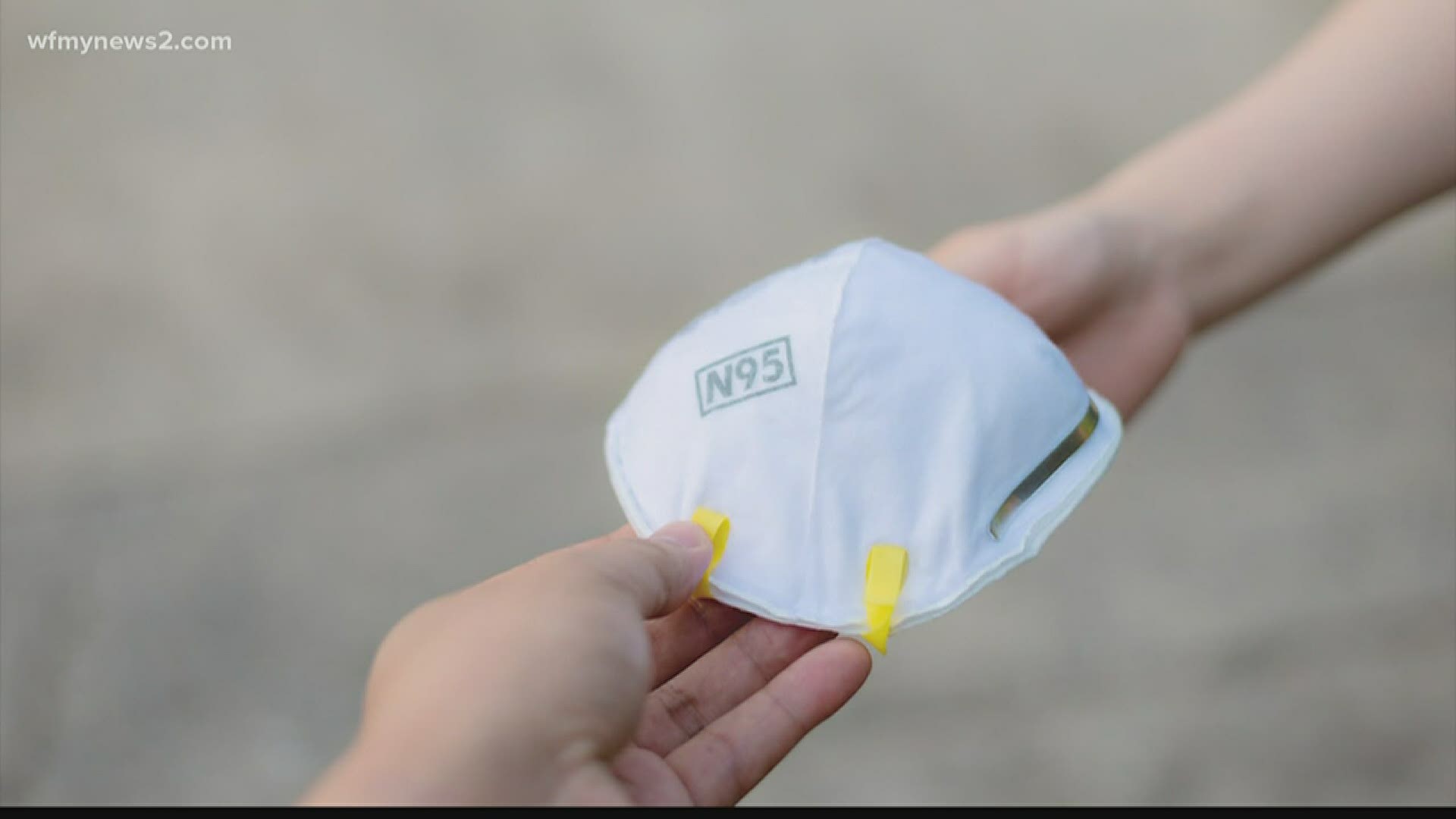As our state starts to reopen we are all encouraged to wear a face mask when we leave our homes. Masks, though, can cause some unwelcome side effects, like your face breaking out.
Leighanne McGill, a board certified dermatology physicians assistant, says it's likely you'll see more acne on the areas of your face that your mask covers.
"The blockage of the skin caused by wearing cloth or surgical masks does increase the risk of breakouts," she said. "The reason this is, is because the covering or inclusion of the face by the mask increases the heat and humidity around your face in the distribution where the mask is worn which this in turn increases inflammatory markers that will worsen acne."
Each type of mask comes with it's own problems - from homemade cloth masks to N95s.
"Cloth masks can also absorb the skins natural oils and trigger the skin to produce more oil hits causing more breakouts," McGill said. "N95 masks have a whole subset of problems of their own because when fitted properly, N95 masks are designed to create a tight seal around the nose and mouth and the healthcare workers on the front lines experience pressure ulcers, irritant rashes and breakouts from long wear of these masks."
So how can we prevent breakouts?
- Wear your mask for shorter periods of time - only when it's necessary.
- Moisturize with anti inflammatory ingredient like nicotinamide to keep skin moisturized and prevent breakouts. You can find this over the counter.
- Avoid wearing makeup while you're wearing a mask.
- Look for fragrance-free products.
- During your 'mask-free' time, cleanse your face and avoid makeup.
If you are already breaking out, how can you treat it?
- Try an acne-fighting cleanser.
- Use a pimple patch.
Most importantly, just because you're breaking out doesn't mean you should stop wearing your mask.
"Wearing a mask to protect others is vital during this time," McGill said. "There’s so much we can do to help you if your skin is breaking out from a mask, from medical-grade skincare to optimizing an over-the-counter regimen. So if you aren’t seeing results from over the counter products I definitely recommend seeking out a dermatology professional to help."

